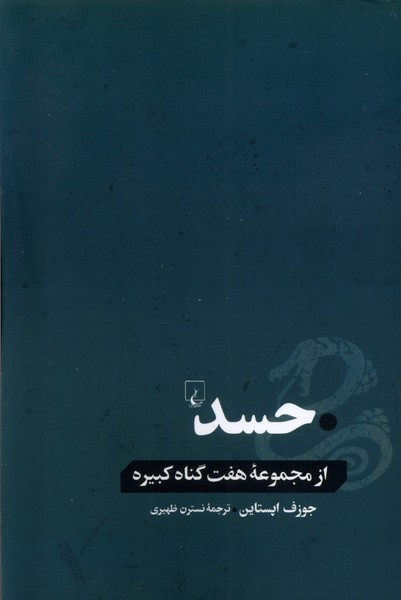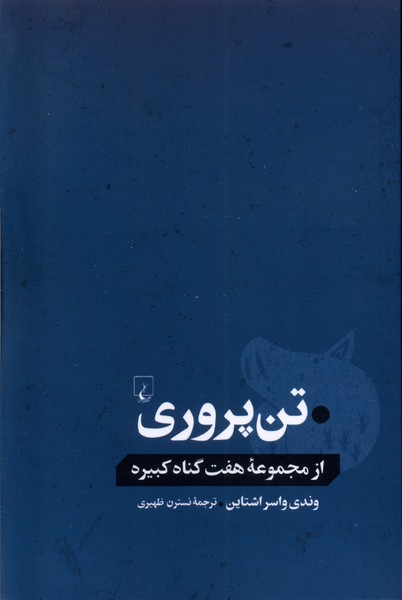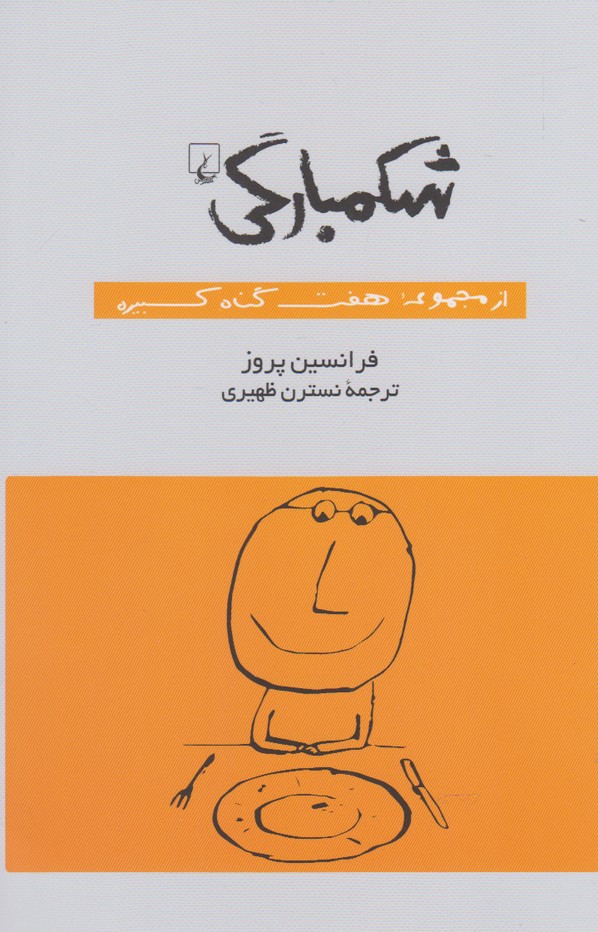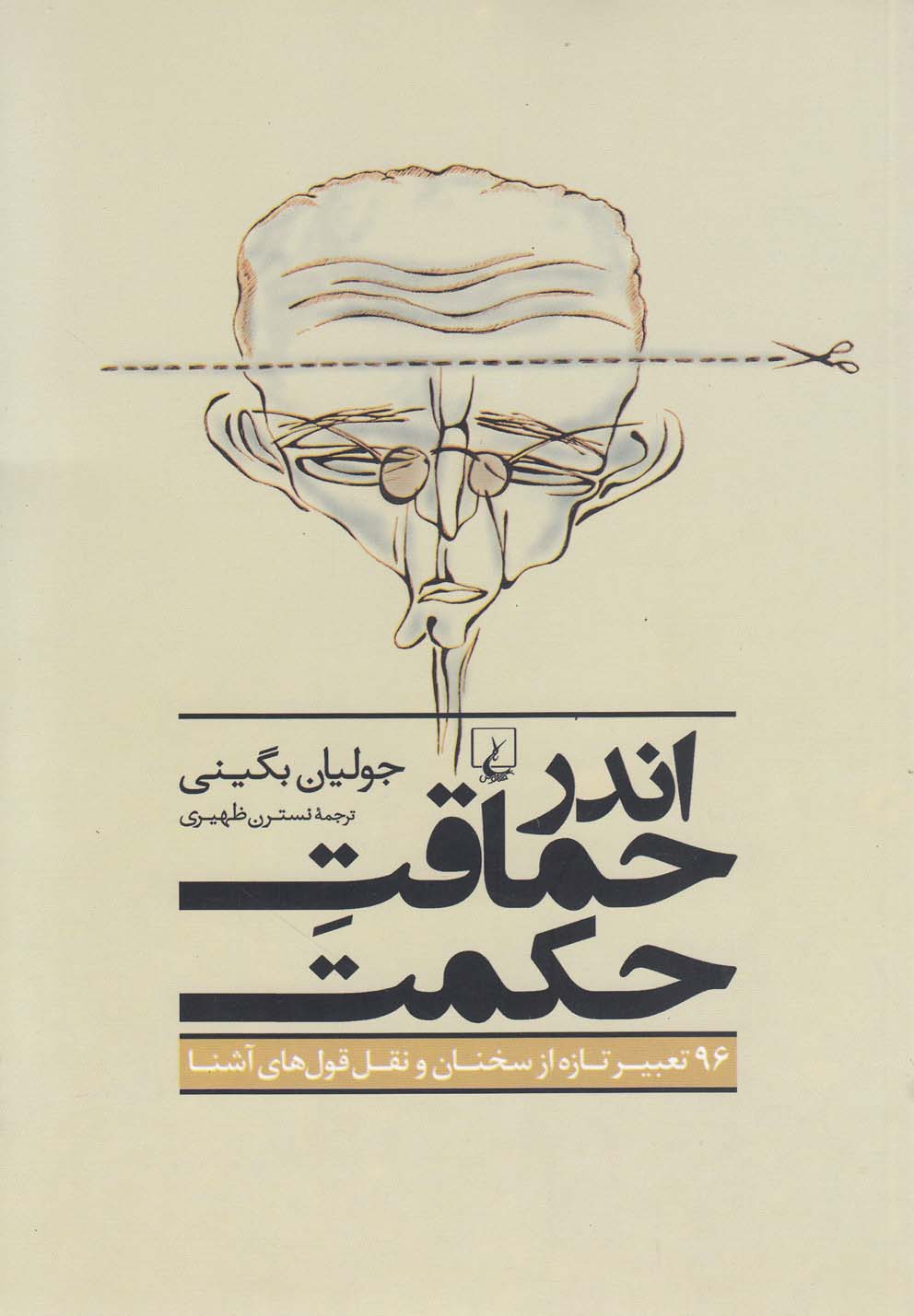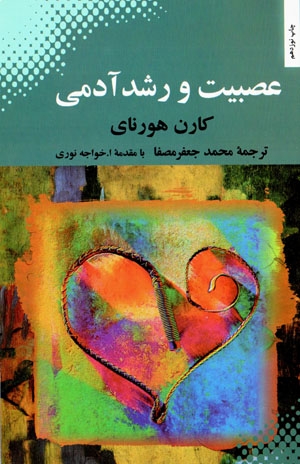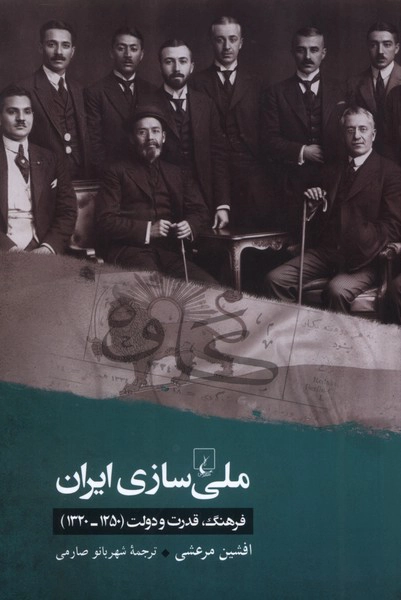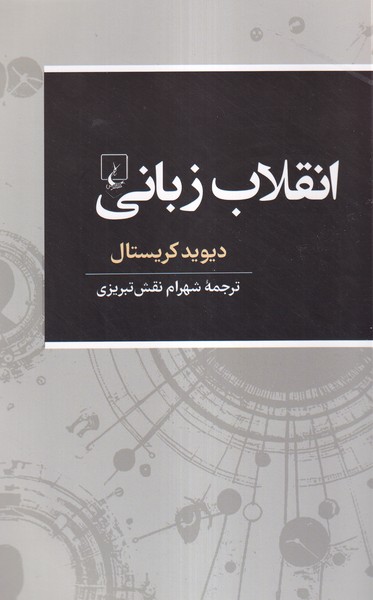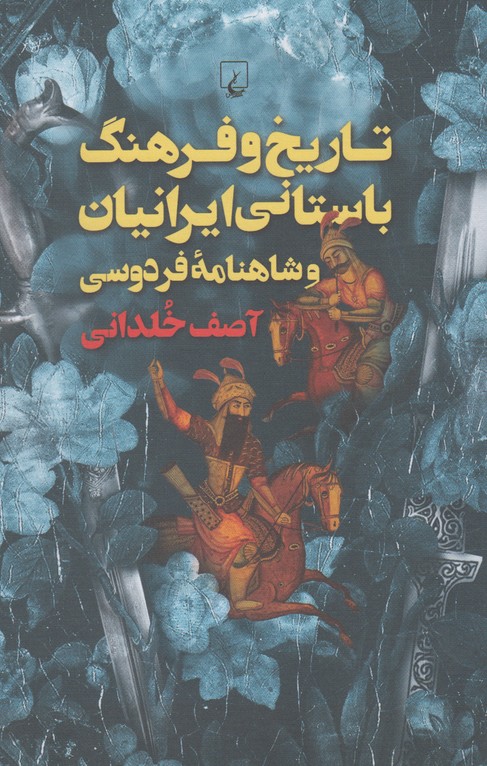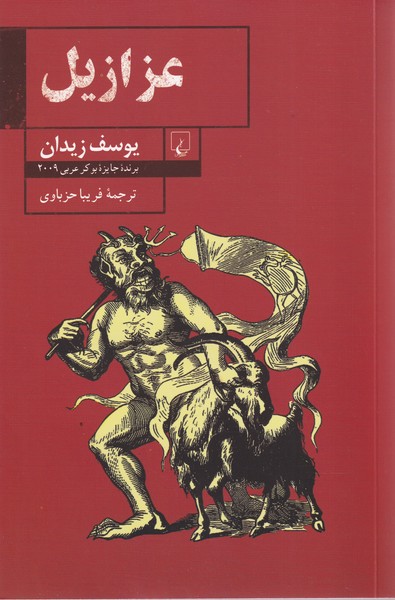Ḥasad: Az Majmū'ah Haft Gunāh-i Kabīrah: Persian 2024
حسد: از مجموعه هفت گناه کبیره
15.24 $
Share
Wishlist
Original Title:
Envy: The Seven Deadly Sins
ISBN:
9786002782960
Translator:
Nastaran ẓahīrī
Publisher:
Quqnus
Age Group:
Adult
Pages:
135
Weight:
108 g
Dimensions:
14 x 21 x 1 cm
Book Cover:
Paperback
Malice that cannot speak its name, cold-blooded but secret hostility, impotent desire, hidden rancor, and spite--all cluster at the center of envy. Envy clouds thought, writes Joseph Epstein, clobbers generosity, precludes any hope of serenity, and ends in shriveling the heart. Of the seven
deadly sins, he concludes, only envy is no fun at all.
Writing in a conversational, erudite, self-deprecating style that wears its learning lightly, Epstein takes us on a stimulating tour of the many faces of envy. He considers what great thinkers--such as John Rawls, Schopenhauer, and Nietzsche--have written about envy; distinguishes between
envy, yearning, jealousy, resentment, and schadenfreude ("a hardy perennial in the weedy garden of sour emotions"); and catalogs the many things that are enviable, including wealth, beauty, power, talent, knowledge and wisdom, extraordinary good luck, and youth (or as the title of Epstein's chapter
on youth has it, "The Young, God Damn Them"). He looks at resentment in academia, where envy is mixed with snobbery, stirred by impotence, and played out against a background of cosmic injustice; and he offers a brilliant reading of Othello as a play more driven by Iago's envy than Othello's
jealousy. He reveals that envy has a strong touch of malice behind it--the envious want to destroy the happiness of others. He suggests that envy of the astonishing success of Jews in Germany and Austria may have lurked behind the virulent anti-Semitism of the Nazis.
As he proved in his best-selling Snobbery, Joseph Epstein has an unmatched ability to highlight our failings in a way that is thoughtful, provocative, and entertaining. If envy is no fun, Epstein's Envy is truly a joy to read.
more
در این راه سعی شده تا با به کارگیری زبان های مختلف (جد و طنز)، وضعیت اسفبار، انسدادها و وضعیت متناقض حاصل از ارتکاب این گناهان در جهان امروز به تصویر کشیده شود. با توجه به این که برخی گناهان در برگیرنده گناهان دیگری هستند و بر اساس منابع دینی واژگان مشابهی برای ارجاع به یک مفهوم مشترک به کار برده می شود، این فهرست گناهان کبیره به ترتیبی که امروز می شناسیم رتبه بندی شدند: تکبر، طمع، بی بندو باری، حسد، شکمبارگی، غضب و تن پروری در بین هفت گناه کبیره تنها حسد است که به هیچ وجه لذت بخش نیست. ممکن است تن پروری یا غضب هم آن قدرها مفرح به نظر نرسند، اما تن سپاری به تنبلی محض و بروز دادن خشم چنان راحتی و آرامشی برای انسان به همراه دارد که خالی از لطف نیست. در عوض حسد در بین هفت گناه کبیره زیرکانه ترین یا شاید باید بگویم توطئه آمیزترین گناه است. مطمئنا در بین دیگر گناهان، حسد گناهی است که فرد کمترین تمایل به اقرار آن را دارد، چون در این صورت با زبان خود اقرار کرده که فردی بی گذشت، پست و بی احساس است. با این اوضاع همه گیرترین گناه هم همین حسد است.
more

